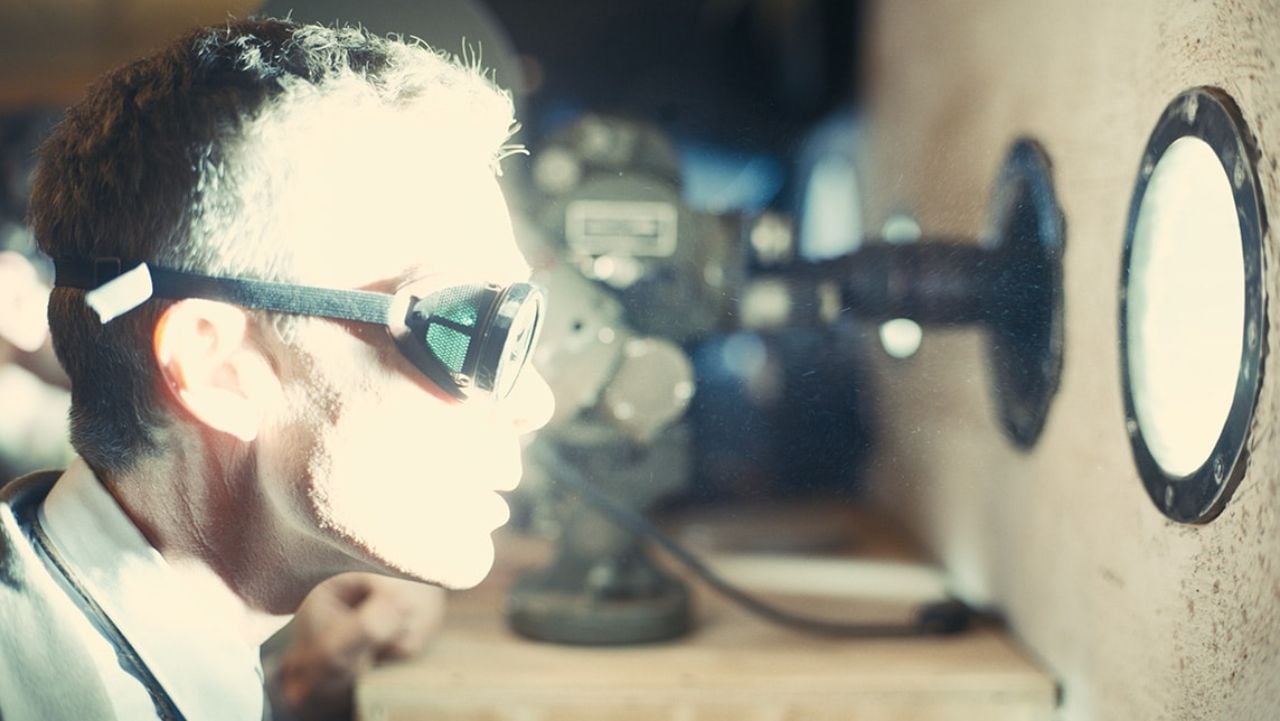Find out what sexual hygiene precautions are taken to prevent infections and diseases that affect the intimate region
Careful sexual hygiene is essential to maintaining a healthy body, preventing the proliferation of microorganisms that can cause infections and diseases. After sexual intercourse, good hygiene is considered essential to prevent these problems. But, for the treatment to be conducted correctly, it is necessary to understand what is false or true in the topic. Discover five myths and truths about hygiene after sexual intercourse below.
It is necessary to wash the vaginal canal after intercourse
MYTH. After sexual intercourse it is necessary to wash only the external region of the vulva. According to gynecologist and obstetrician Laura Lúcia, good bacteria and pH are balanced in the vagina. “When we wash inside with the goal of removing sperm or any other product, we imbalance the vaginal environment,” she warns.
It also underlines that, for non-allergic women, the ideal product is intimate soap, to be applied on the groin, on the labia majora and minora, on the folds of the skin, on the entrance to the vagina and anus. After application it is advisable to leave the product to act and then rinse and dry well.
Sexual accessories also need cleaning
REAL. Many couples adhere to sex toyssuch as vibrators, anal plugs and realistic penis covers, to liven up the relationship and get out of the routine. However, they also need thorough cleaning.
According to gynecologist, obstetrician and sexologist Carolina Ambrogini, sexual objects should be kept clean after use, since liquids, such as semen or vaginal secretions, can dry up and generate unpleasant odors, as well as increasing the risk of infections next time. time they are used. used.
Furthermore, it is advisable not to store them damp, as they could proliferate fungi. To increase safety, the Ministry of Health also warns about the need to use male condoms on erotic accessories, such as flexible silicone or rubber penises.
It is necessary to urinate after sexual intercourse
REAL. Laura explains that in women the urethra is very short and that movements during sexual intercourse end up pushing secretions into the canal, which can reach the bladder and cause cystitis or infections. When expelled, urine acts as a “wash”, bringing bacteria with it.
Washing your private parts is not as important for men as it is for women
MYTH. Men’s intimate hygiene can prevent infections and even penile cancer, so men should also clean the area after sexual intercourse. Urologist Raphael Franco Bezerra explains that, while bathing, it is important to retract the foreskin and wash the area well with soap.
In case of phimosis, particular attention must be paid, as the accumulation of dirt is facilitated. However, the expert emphasizes that the routine should not be limited to the shower. It is necessary to always wash your hands because, if dirty, they can cause infections by carrying impurities into the penis. It is also advisable to dry the organ well even after urinating.
It is important to brush your teeth immediately after sexual intercourse
MYTH. Although good oral hygiene is essential to prevent the onset of problems such as inflammation, cavities or wounds, this care should not be carried out immediately after sexual intercourse. According to infectious disease specialist Nayara Melo, the ideal is not to brush your teeth, use mouthwash or floss shortly before or after oral sex. The practice can cause minor injuries and increase the risk of contracting sexually transmitted diseases.
Source: Terra
Ben Stock is a lifestyle journalist and author at Gossipify. He writes about topics such as health, wellness, travel, food and home decor. He provides practical advice and inspiration to improve well-being, keeps readers up to date with latest lifestyle news and trends, known for his engaging writing style, in-depth analysis and unique perspectives.








